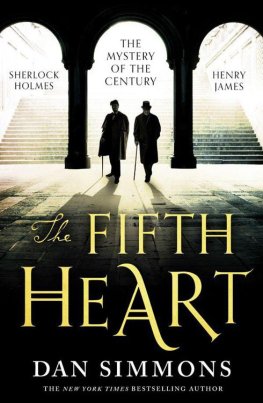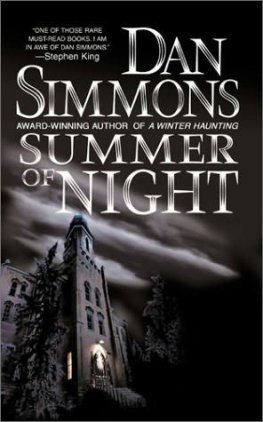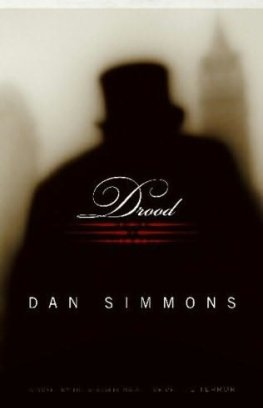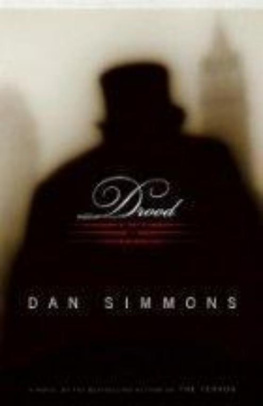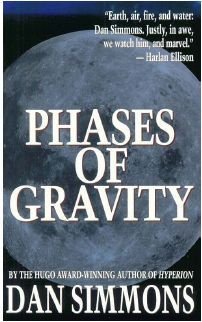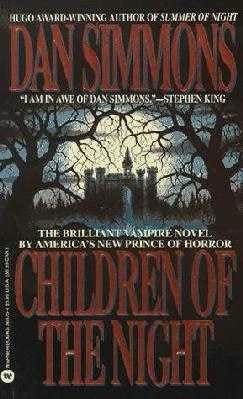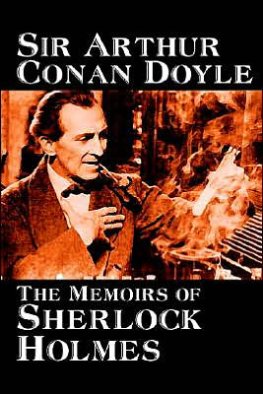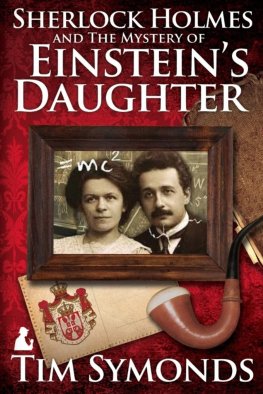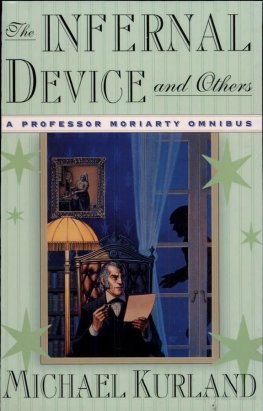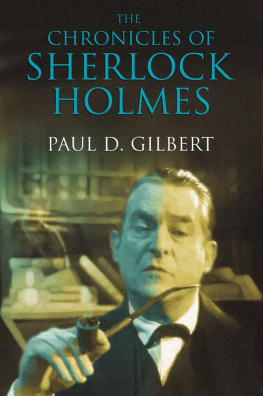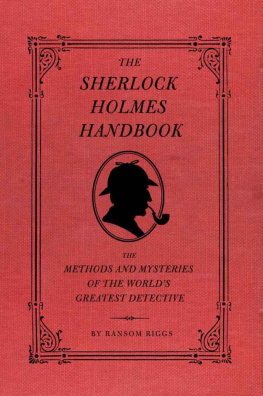
Dan Simmons
The Fifth Heart
This book is dedicated to Richard Curtis,
my invaluable agent and dear friend
and fellow fan of both baseball and Mr. Henry James

In the rainy March of 1893, for reasons that no one understands (primarily because no one besides us is aware of this story), the London-based American author Henry James decided to spend his April 15 birthday in Paris and there, on or before his birthday, commit suicide by throwing himself into the Seine at night.
I can tell you that James was deeply depressed that spring, but I cant tell you for a certainty why he was so depressed. Of course there had been the death in England, from breast cancer, of his sister Alice a year earlier on March 6, 1892, but Alice had been a professional invalid for decades and had welcomed the diagnosis of cancer. Death, shed told her brother Henry, was the event which shed always been anticipating with the greatest enthusiasm. At least in his letters to family and friends, Henry had seemed to support her in her eagerness for an ending, down to describing how lovely her corpse had looked.
Perhaps this unchronicled depression in James was augmented by the problem of his work not selling well over the immediately preceding years: his 1886 novels The Bostonians and The Princess Casamassima, both influenced by Alices slow dying and her Boston-marriage relationship with Katharine Loring, had been a major sales disappointment for all concerned, both in America and England. So by 1890 James had turned his quest for riches toward writing for the theater. Although his first melodramatic stage offering, The American, had done only moderately well, and that only in the provinces rather than in London, hed convinced himself that the theater would turn out to be his ultimate pot of writers gold. But already by early 1893, he was beginning to sense that this hope was both illusion and self-delusion. Just as Hollywood would beckon literary writers to their doom for more than a century to come, the English theater in the 1890s was sucking in men of letters wholike Henry Jamesreally had no clue as to how to write a successful stage production for a popular audience.
Most biographers would understand this sudden, deep depression better if it were early spring of 1895 rather than March of 1893, since his first major London play, Guy Domville, two years hence will see him jeered and booed when he foolishly will step onto the stage to take his authors bow. Most of the paying spectators in the hall, as opposed to the many glittering ladies and gentlemen in attendance to whom James sent complimentary tickets, will have never read a novel by Henry James, most will not know he had written novels, and thus they will boo and jeer the play based on its merits alone. And Guy Domville will be a bad, bad play.
Even a year from now, after January of 1894 when his friend Constance Fenimore Woolson will throw herself to her death from a high window in Venice (possibly, some shall whisper, because Henry James had not come to stay near or with her in Venice as hed promised), we know he will have to fight off a terrible depression tinged with real guilt.
By the end of 1909, the elderly James will fall into his deepest-depression yetone so deep that his older (and dying from a heart condition) brother William will cross the Atlantic to literally hold Henrys hand in London. In those years, Henry James will be mourning the disastrously low sales and lack of profit from his 19061908 New York Edition of his works, an exhausting project to which hed donated five years of his life rewriting the long novels and providing lengthy introductions to each piece.
But that final depression was sixteen years in our future in this March of 1893. We have no real clue as to why James was so terribly depressed that spring. Nor why he suddenly decided that suicide in Paris was his only answer.
One factor may have been the severe attack of the gout that James had suffered that cold English winter of 189293, cutting down on his daily walks and causing him to put on more weight. Or it could have been the simple fact that his upcoming birthday in April was his 50th: a landmark that has brought depression to stronger men than the sensitive Henry James.
Well never know.
But we do know that the reality of that depressionand his plan for self-annihilation by drowning in the Seine on or before his April 15 birthdayis where this story begins. So, in mid-March, 1893, Henry James (hed dropped the Jr. sometime after his father died in 1882) wrote from London to family and friends saying that he was taking a short leave from the daily duties of composition to celebrate spring and my own mid-century anniversary in sunlit Paris before joining my brother William and his family in Florence later in April. James had no intention of ever going to Florence.
Carrying some of his sister Alices purloined ashes in a snuffbox, James left his tidied-up apartments in De Vere Gardens, burned some letters from Miss Woolson and from a few younger male friends, took the boat-train to Cherbourg, and arrived in the City of Light the next evening on a day darker and wetter and colder than any hed suffered that March in chilly London.
There he settled into the Westminster Hotel on the Rue de la Paix where hed once stayed for a month when he was writing several stories in Paris, including a favorite of his, The Pupil. But this time, settled in was not the correct phrase. He had no intention of spending the weeks there until his birthday. Besides, the fares at the Westminster were too extravagant for his current budget. He did not even unpack his steamer trunk. He did not plan to spend a second night there. Or, he decided on a whim, a second full night anywhere on this earth.
After a wet, cold day walking in the Jardin de Tuileries and a dismal, lonely dinnergiven his resolve, hed made no effort to contact any of his Parisian friends or other acquaintances who might have been passing through ParisHenry James drank a final glass of wine, tugged on his woolen overcoat, made sure that the sealed snuffbox was still in his pocket, and, with the bronze tip of his still-folded umbrella tapping on wet cobblestones, set off in the drizzle and darkness for his chosen final destination near Pont Neuf. Even at his portly gentlemans gait it was less than a ten-minute walk.
The ultimate man of the written word left no note behind.
The place James had chosen from which to leave this life was on the north side of the river less than sixty yards from the broad, well-lighted bridge of le Pont Neuf, but it was dark there below the bridge, even darker on the promontory along the lowest level of walkways where the black, cold waters of the Seine swirled around the base of moss-darkened stone. Even in the daylight, this promontory was little used. Prostitutes, James knew, sometimes frequented the place at night, but not on a cold and drizzling March night such as this; tonight they stayed close to their hotels in Pigalle or stalked their furtive patrons in the narrow lanes on either side of the glowing Boulevard Saint Germain.
By the time James had umbrella-clacked his way to the narrow esplanade promontory that hed picked out in the daylightit had been just as hed remembered it from earlier trips to Parishe could no longer see to find his way. Distant street lamps across the Seine were ornamented with ironic halos by the rain. The barges and water taxis were few this night. James found his way down the final steps to the esplanade more by feel than by sight and tapped his way slowly beyond them like a blind man with a cane. Somewhere seemingly very far above, the usually distinctly pronounced sounds of carriage wheels and horses hooves were muffled and made more distant, almost less real, by the worsening rain and deeply puddled thoroughfares.
Next page
